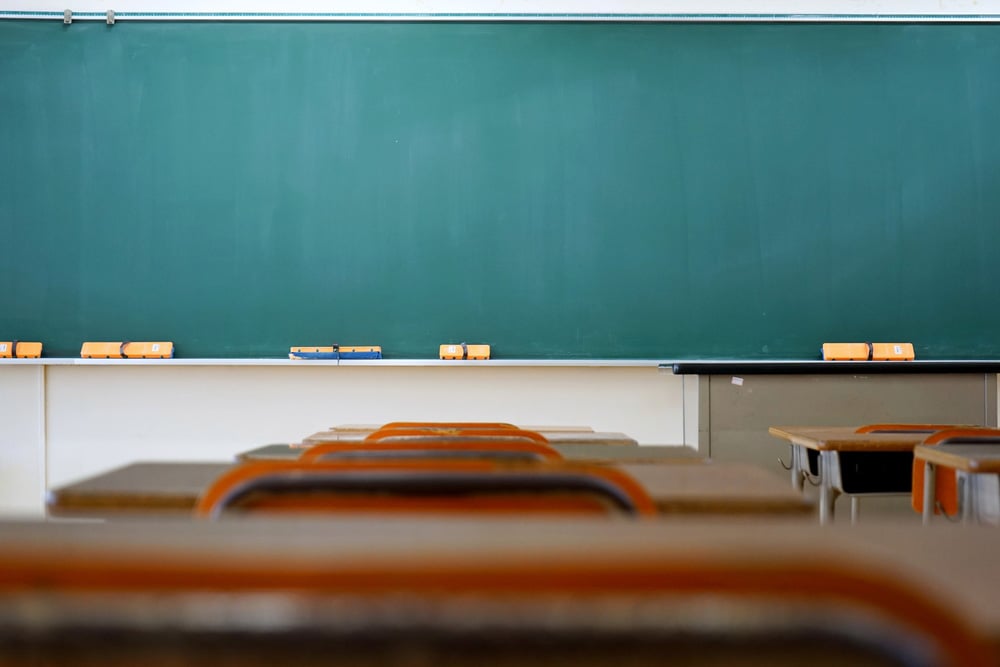For the first time since the 1950s, British Columbia has a minority government.
Over the course of Canadian history, minority governments have resulted in universal health care legislation and the Canadian Pension Plan. Other minority governments, however, have led to another election within six months. As an academic and public education advocate, I hope this partnership survives the full term, which would give the B.C. government until 2021 to implement an ambitious plan.
The NDP-Green Agreement is indeed ambitious. It has four pillars, including “making democracy work for people” and “fixing the services that people count on.” Policy is about reallocation of limited resources, and within the 23-member B.C. cabinet, there will be tension around how much money should go to which priority, and how to distribute it.
On the education front, the new government has stated it sees education as lifelong. It has pledged to introduce $10-a-day early childhood education, and to provide an influx of funding for kindergarten to Grade 12 education. For adult learners, it has pledged to end fees for English-language learning and adult basic education. It has also promised to make post-secondary education more affordable.
These initiatives are backed up by substantial research that points to the sizeable return on investment. For example, the Centre for Spatial Economics found that $10-a-day childcare will reduce income inequality, particularly for single mothers, and have a positive impact on GDP.
But it isn’t just an influx of resources and initiatives that make for better education.
Education has often been plagued with symbolic policy changes, including pilot projects announcedwith great fanfare. The dollar figure for such pilot projects might seem substantial — a million dollars give or take — but a million dollars doesn’t make for substantial change across a huge province. In B.C. and beyond, if we want adequately funded education, we need to treat it more like emergency care.
Most Canadians wouldn’t think it acceptable to be told: “Sorry your mom is having a heart attack, but the economy is bad right now. Let’s hope that if you follow suit and collapse in 10 years, the economy will be better, and you’ll survive. Sorry for your loss.”
Why is it acceptable in education?
I teach policy, and I often invite former cabinet ministers to come and talk to my class. A former minister of education once said to 20 of my graduate students, most of whom hoped to become school principals one day: “Why should I give a shit about education? I don’t have a kid in the school.”
The students were stunned, and eventually someone replied: “It’s obvious. Kids are the future. Everyone should care.” The cabinet minister replied that unfortunately, many voters do not, and asked the students for their ideas on how to make education a top priority for citizens casting their ballots.
Her point to the class was that they needed to preach beyond the choir to make education an issue. She explained that parents and teachers alone aren’t a big enough voting bloc. The birth rate is going down. The number of senior citizens is going up, and education doesn’t poll as a major issue for them.
In an attempt to maintain power as a minority government after the election, Christy Clark declared “the economy” had a structural surplus. A week earlier, her government had no money for increased spending for social programs, but overnight there was money for education, housing and increased social assistance. What changed was not the economy, but the government’s decisions and priorities.
Publicly pinning decisions on “the economy” is a convenient excuse for decision-makers to avoid the choices available to them. Making political and ethical resource-allocation decisions is about values and beliefs, not some spectre called the economy. I draw on Martha Fineman’s theory of human vulnerability. She argues none of us is independent. We are interdependent. If there’s an earthquake, we need each other to survive, and if we have put money as a society into good infrastructure, we have a much better chance of surviving.
Similarly, if we put money into education — education that encourages critical thought, and the inclusion of all — we actually make democracy and ourselves safer. People who feel connected, and have a sense of hope for their future, are less likely to harm others. They are more likely to want to help their neighbours and to make the world a better place for all.
As a society, we must pay at some point. We can acknowledge we are interdependent, and contribute through our taxes to lifelong education and a social safety network. Or we can wait for people to become so alienated, disconnected and without hope that they end up in costly prisons, in hospital emergency rooms or needlessly dying young.
British Columbia’s new NDP government has its work cut out for it. Resources are limited, and some children have been on wait lists for services for years. Many of these children live in families with precarious housing and a lack of money for healthy food.
The situation won’t change unless British Columbians, en masse — and all Canadians, in fact — make clear to governments that cutting education and social services is political suicide, and that it may require wealthy individuals and large corporations to pay more taxes for the well-being of society and the security of themselves and their neighbours. ![]()
![]()
Read more: Education, BC Politics















Tyee Commenting Guidelines
Comments that violate guidelines risk being deleted, and violations may result in a temporary or permanent user ban. Maintain the spirit of good conversation to stay in the discussion.
*Please note The Tyee is not a forum for spreading misinformation about COVID-19, denying its existence or minimizing its risk to public health.
Do:
Do not: